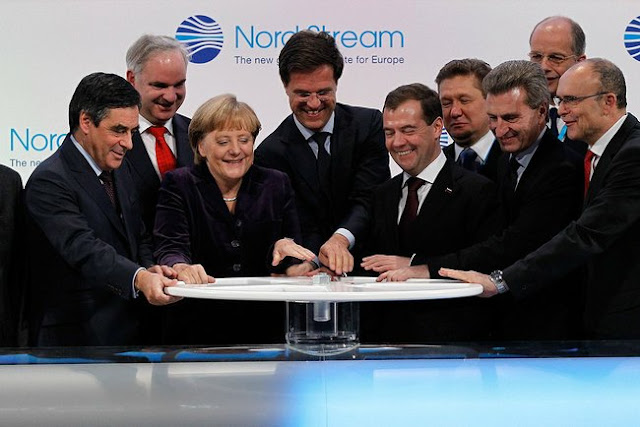Written by Ramon Tomey
Executives of the three energy companies – Engie Managing Director Catherine MacGregor, EDF CEO Jean-Bernard Lévy and TotalEnergies CEO Patrick Pouyanné – issued the admonishment in a joint statement published in the French newspaper Le Journal de Dimanche.
The three bigwigs pointed to rising prices as a result of the energy crisis following the Russia-Ukraine war as a matter that threatens the “social and political cohesion” of France.
“Acting this summer will allow us to be better prepared to tackle next winter and, in particular, to preserve our gas reserves,” they said.
“We therefore call for awareness and collective and individual action so that each of us – each consumer [and] each company – changes behavior and immediately limits consumption of energy, electricity, gas and petroleum products.”
“The effort must be immediate, collective and massive,” the three energy executives noted, adding that “every gesture counts.”
France is one of many countries in the European Union (EU) that have been crippled by Russia’s decision to turn off supplies of natural gas flowing through the Nord Stream pipeline, in response to the West’s sanctions on Moscow. The resulting energy shortage, coupled with an over-dependence on clean energy under Paris’ “zero coal” policy, put France in a precarious situation. (Related: International Energy Agency head tells EU: Prepare for Russian gas shutdown.)
In a bid to address this energy shortage, the French government has proposed restarting the Emile Huchet coal-fired power plant near the country’s northwestern border with Germany.
According to Energy Central, the French Ministry of Ecological Transition revealed plans to reactivate the fossil-fuel plant “as a precaution, given the Ukrainian situation.” The ministry added that it is not ruling out operating the power plant, set to produce approximately one percent of the country’s electricity, “for a few more hours if we need it next winter.”
 |
| Nord Stream opening ceremony on 8 November 2011 with Angela Merkel, Dmitry Medvedev, Mark Rutte and François Fillon |
Germany, Italy also reeling from shutoff of Russian gas
The joint statement from MacGregor, Lévy and Pouyanné followed neighboring Germany inching closer toward economic collapse. The abrupt cutoff of natural gas from Russia has left Berlin scrambling to figure out how to maintain ample energy supply come the winder.
German Vice Chancellor Robert Habeck, who also serves as the country’s minister for economic affairs and climate action, remarked that he may be forced to shut down industry in order to keep the German power grid afloat. He previously appealed to the public to conserve energy.
“Companies would have to stop production [and] lay off their workers. Supply chains would collapse. People would go into debt to pay their heating bills [and those] people would become poorer,” said Habeck, who is a member of the Green Party in the German parliament.
Italy, also affected by the sudden stop of natural gas supply from Russia, took steps to ration its energy supply. Authorities issued a mandate limiting the use of heating and air conditioning within government buildings. The law, which took effect on May 21, prohibited schools and public offices from setting their thermostats below 25 C (77 F) in the summer and above 19 C (66 F) during the winter.
Italian Prime Minister Mario Draghi remarked that while “a gas embargo is not on the table,” he stressed that the country would “follow the decision of the EU” on the matter.”
Nevertheless, Draghi called on Italians to do their part in keeping energy prices low through a challenge issued in the form of a question: “Do we want to have peace [in Ukraine] or do we want to have the air conditioning on?”
Watch this One America News report below discussing the energy crisis the U.S. and the EU are about to face.
(In POWER.NEWS)
 |
| See here |

.svg.png)





























Nenhum comentário:
Postar um comentário